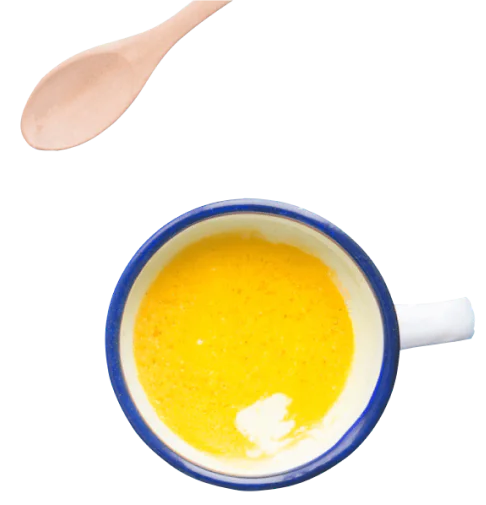what is Krill oil ?
Krill oil is one of the richest sources of omega-3 in nature because it contains high concentrations of the extremely beneficial omega-3 fatty acids eicosapentaenoic acid (EPA) and docosahexaenoic acid (DHA), as well as the natural antioxidant astaxanthin.
Krill oil has a unique molecular structure in the form of marine phospholipids. It helps the cells of the human body to absorb omega-3 fatty acids much more efficiently than from other sources of omega-3. Krill oil gained wider international recognition from 2005 until 2008, and has been used ever since as the best, most efficient and biologically most easily obtainable source of omega-3.

what is
Krill oil ?

Krill oil is one of the richest sources of omega-3 in nature because it contains high concentrations of the extremely beneficial omega-3 fatty acids eicosapentaenoic acid (EPA) and docosahexaenoic acid (DHA), as well as the natural antioxidant astaxanthin.
Krill oil has a unique molecular structure in the form of marine phospholipids. It helps the cells of the human body to absorb omega-3 fatty acids much more efficiently than from other sources of omega-3. Krill oil gained wider international recognition from 2005 until 2008, and has been used ever since as the best, most efficient and biologically most easily obtainable source of omega-3.
ADVANTAGES OF KRILL OIL
100% pure product
Nature’s gift to humankind
The risk of product decay is practically eliminated
No aftertaste
After taking krill oil you will not feel any aftertaste or an urge to belch, because krill oil immediately mixes with stomach contents instead of floating on top like fish oil.
Maximum benefit
The human body uses 98% of the omega-3 fatty acids that krill oil contains, whereas, due to their different structure, fatty acids in fish oil are available to cells in much lower concentration and are more tended towards creating fat and energy reserves.
WHAT ARE KRILL?
Krill are small crustaceans similar to shrimp, tiny aquatic animals that live in large swarms in the purest waters of the world in Antarctica.
Krill are beneficial, special, and differ from fish in that they contain marine phospholipids, omega-3 fatty acids and the antioxidant astaxanthin which the krill get by feeding on red algae. Krill form the largest biomass in the world, so we need not worry that they might disappear one day.
